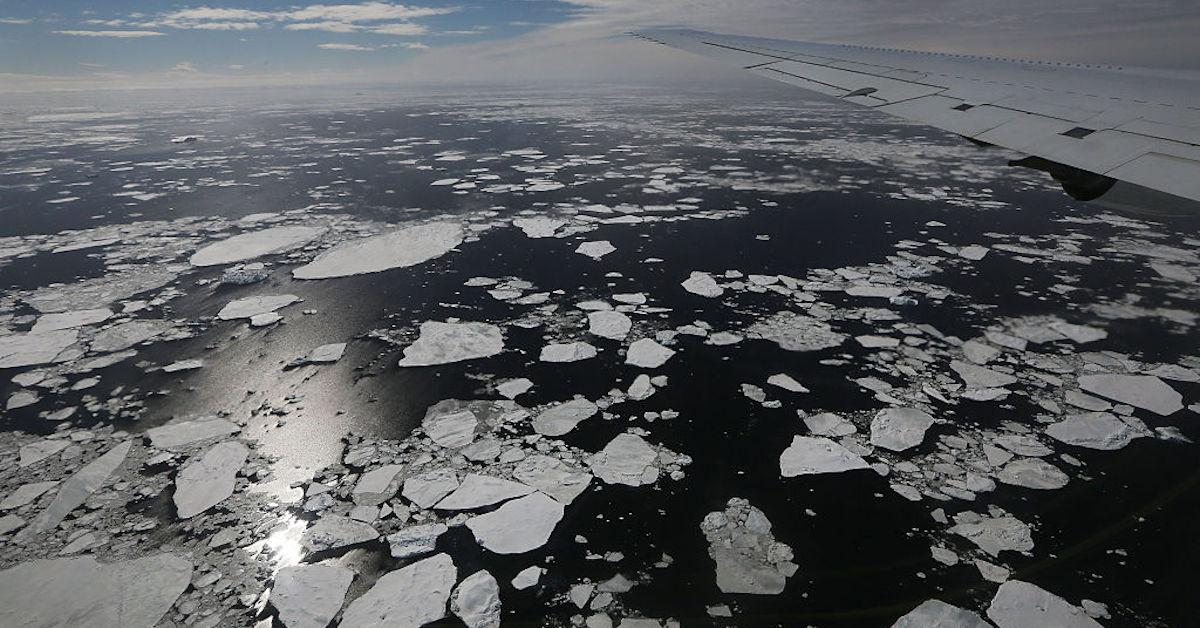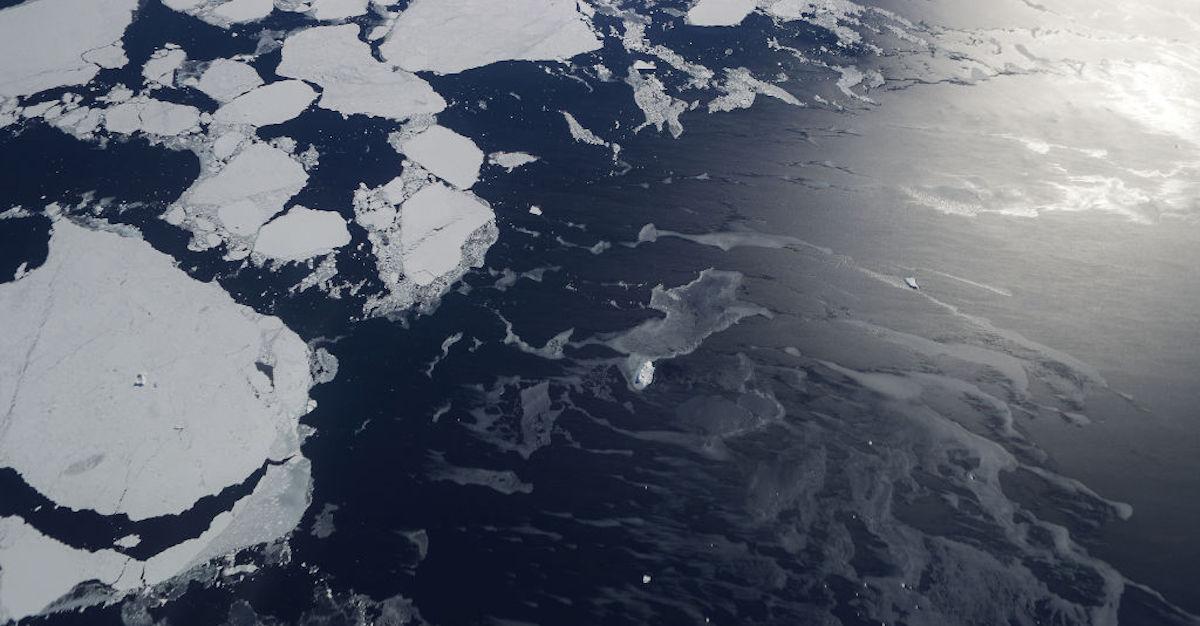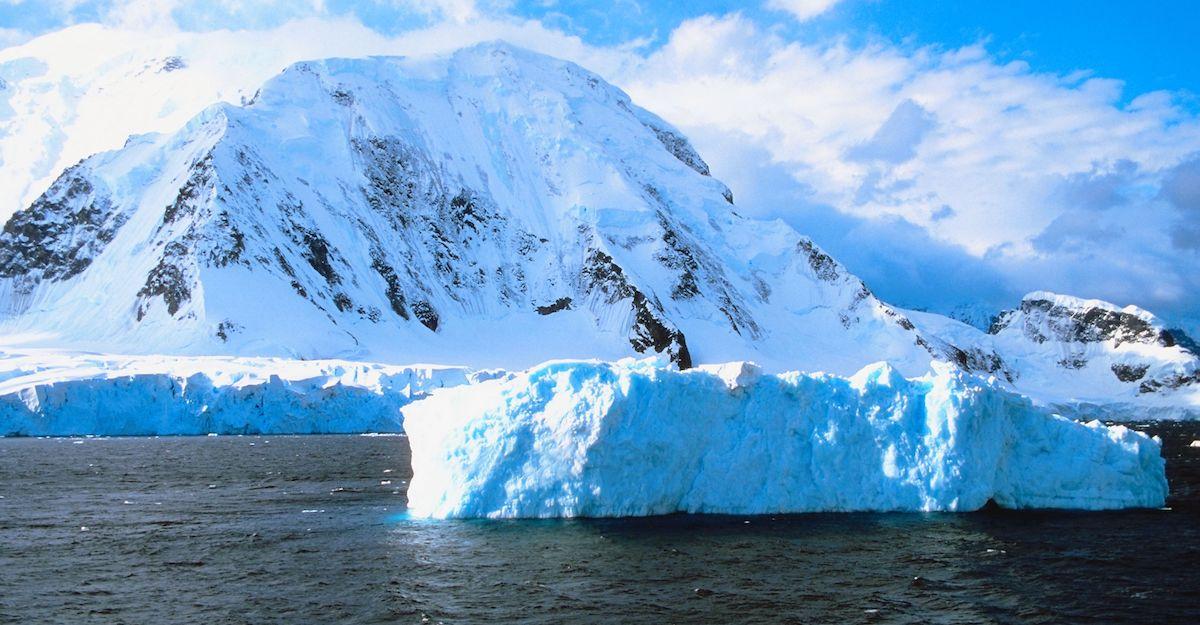Southern Ocean Officially Recognized as the Fifth Ocean of the World
Published June 14 2021, 10:53 a.m. ET

Many of us grew up learning about the planet's four official oceans — the Atlantic, Pacific, Indian, and Arctic. But as of June 2021, scientists are adamantly insisting there are five oceans around the world. instead of four, as the Southern Ocean is finally starting to gain the global recognition it deserves. So, why wasn't this ocean recognized initially, and what specifically constitutes a body of water as an ocean?
“The Southern Ocean has long been recognized by scientists, but because there was never agreement internationally, we never officially recognized it,” National Geographic's Society Geographer Alex Tait said in an official statement to the renowned publication. "We’ve always labeled it, but we labeled it slightly differently [than other oceans]... This change was taking the last step and saying we want to recognize it because of its ecological separation.”

Where is the planet's fifth ocean located? What to know about the Southern Ocean:
As of June 2021, the Southern Ocean has been officially recognized by scientists and most countries as the world's fifth ocean. The NOAA, which began recognizing it in 1999, constitutes it as the body of water that stretches from Antarctica's coastline to the 60 degrees South latitude line. Although its recognition was proposed to the International Hydrographic Organization in 2000, it wasn't until this month that National Geographic decided to start including it in its maps and globes.
The Southern Ocean, according to Britannica, is effectively defined by a current. The Antarctic Circumpolar Current (ACC) came to be millions of years ago, dividing Antartica from South America, flowing from west to east. It's cold, and less salty than northern waters. The ACC getting warmer due to climate change, though it's unclear if the ice is being affected quite like it is up North. The ACC basically supplies the Southern Ocean with water, causing it to flow throughout the planet's southernmost point.

Why wasn't the Southern Ocean previously considered an ocean?
The reason it took so long for the Southern Ocean to gain official recognition was geographic, according to National Geographic. Most oceans are labeled based on the contents that contain them. Since the Southern Ocean is predominantly defined by a current and latitude points, it's a little different. With scientists starting to address the Southern Ocean more and more, it was a matter of time before it was officially recognized. And apparently, its label is advantageous for conservation reasons.
For the last several decades, commercial fishing has been taking a major toll on marine life in the Southern Ocean, including local species such as krill, which live and feed beneath the ice, as well as the Patagonian toothfish, according to Discover Antartica. As of 1982, the region established catch limits, and currently, more protective measures are in the works to preserve the Southern Ocean’s feeding grounds around the Antarctic Peninsula. This will be much easier now that it's gained global recognition.
“Many nations across the world support the protection of some of these areas from industrial fishing,” National Geographic Explorer in Residence, Enric Sala, said in a statement.
That said, we're thrilled to welcome another ocean, as it could help increase conservation efforts.